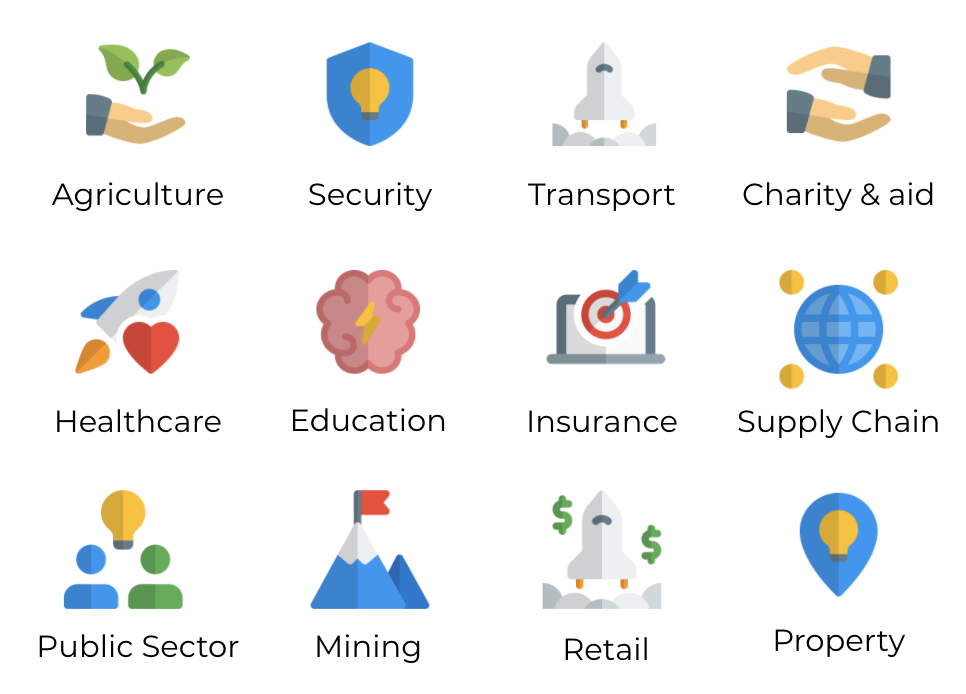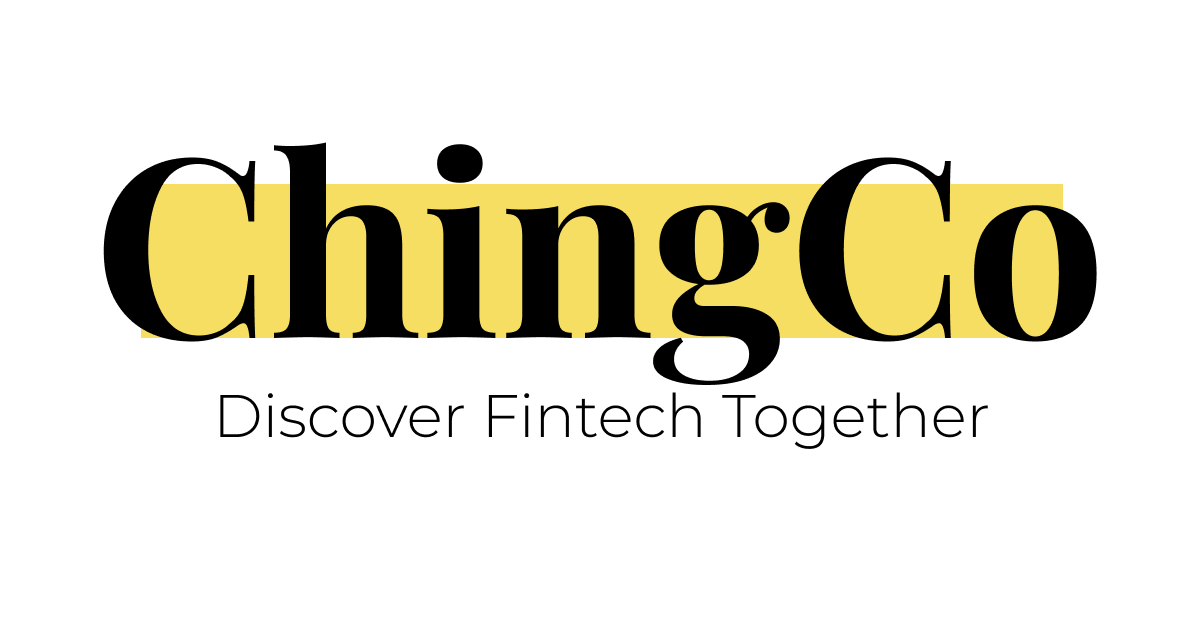Blockchain is complicated. There are many intricate pieces that all work together to make a functioning system. But just like other technologies blockchain isn’t a magical solution to all business problems, it is just a tool, a means to an end. Like the internet before it, blockchain has immense potential to alter the landscape of almost any industry. So in this article, I aim to outline the uses of blockchain, who uses blockchain, and what criteria make blockchain the optimal tech solution.
TLDR what is a blockchain
If you haven’t already read my article: “What is a blockchain: One Block at a time” – I highly recommend you read through it first. But in summary, blockchain is a distributed ledger that has an immutable transaction log. Ultimately, this technology has a couple of strengths:
- Immutability
- Decentralization
- Traceability
- Transparency
- Effective value capture
Block #1: How businesses represent value on a blockchain
Before we can look at what industries use blockchain, it’s worth exploring what data businesses put on a blockchain. A blockchain is essentially a technology that captures value. It’s essential to understand the notion of value – because it determines how we represent something physical and real, in a digital and virtual world. Questions like how do we represent the value of a house, a patent or even your identity – becomes crucial.
Consequently, when businesses determine how to implement a blockchain – the first thing they should consider is what value do they wish to capture with the blockchain and how do they represent that value in a virtual space. Accordingly, some blockchains use a currency to represent value – cryptocurrencies like Bitcoin and Ethereum take this approach. Other blockchains choose to represent value through ownership – your identity & data is the value stored on the blockchain.
Undoubtedly, blockchain is a versatile technology. However, it fundamentally enables people and businesses to capture value in a digital space. So, it follows that blockchain is suitable for all industries that need the above characteristics. The core characteristics, as mentioned above, are appealing to many industries, from finance to supply chain management. However, after further investigation, blockchain directly meets two needs – record keeping and transactions tracking.
Block #2: Record Keeping
Immutability, traceability and transparency are all characteristics that make blockchain perfect for record-keeping. The uses of blockchain are everywhere. Medical records, personal identities like a passport or even tracking ownership – are all things that require strict, accurate and reliable records. Subsequently, we find blockchain implementations for medical health records, in managing personal identity, patents, the origin of food, and so much more.
On a high level, blockchain is a secure, decentralized & reliable method of record keeping
Block #3: Transactions Registry
On the other hand, blockchain is beneficial for tracking transactions and approving them faster. It’s important to note that a deal doesn’t necessarily require money – but it involves value. Traceability, immutability and decentralization are some features that demonstrate authenticity. Consequently, the core strengths of blockchain technology enable us to build a system of trust.
Additionally, and another topic entirely, blockchain can restrict interactions through the use of smart contracts. A smart contract is essentially a piece of code with conditions. Once met, the contract will execute. For instance, I will transfer ownership of my car once both parties have agreed on the details. Another example would be transferring money – a payment will go through, once a product is shipped.
Thus, blockchain fundamentally removes the human element in the process of checking and verifying transactions. It is then not much of a leap to see how blockchain is instrumental in the transaction lifecycle of different industries. By removing the human element, blockchain enables faster, more efficient and secure transactions.
The uses of blockchain?
Many industries use blockchain; almost any sector has the potential to implement this growing technology. That said, blockchain isn’t universally applicable and is still limited in some industries. So below is a list of all the sectors that have used blockchain. If you want a more in-depth explanation – follow this link.
Industries using blockchain

Block #4: The wrong reasons for the right technology
Many businesses, banks and large corporations make the mistake of trying to implement blockchain as an isolated technology. Rather than designing blockchain in a way that will enable them to achieve business goals or improve operations – blockchain technology is applied for the sake of “innovation”.
Despite all of its core strengths – blockchain is much like other technologies. It needs to enhance and benefit core business activities, help a company reach business objectives and improve how businesses operate. Without this fundamental reason or ingredient, blockchain will never be able to integrate into the broader tech ecosystem of a company or industry.
Conclusion
In conclusion, blockchain is an exciting technology that fundamentally enables us to further build trust. It allows us to capture value accurately and securely. Moreover, it fundamentally creates a system of trust through reliable record-keeping & verifying and tracking transactions. But blockchain isn’t a one-size-fits-all technology. It requires the correct implementation. Indeed, blockchain is revolutionary, but the design should align with the vision of businesses. Blockchain is a tool for innovation, and it’s use-cases show a promising future.
If you liked this post, please feel free to share. Sign up to my mailing list to receive extra resources that can help you expand your blockchain knowledge. Read the next chapter and see how blockchain fits into the bigger picture of fintech.





